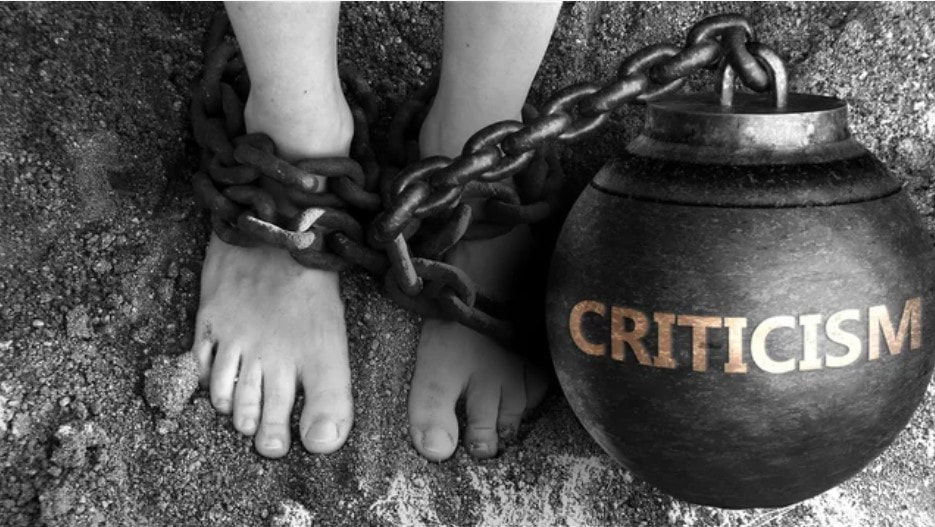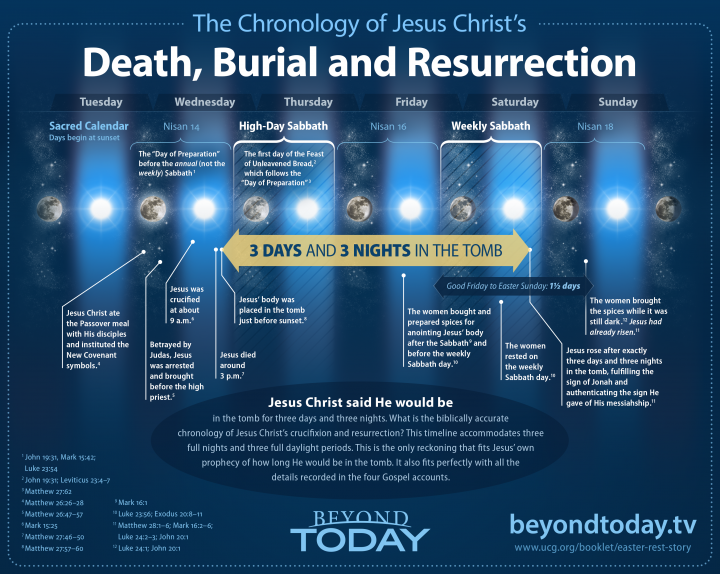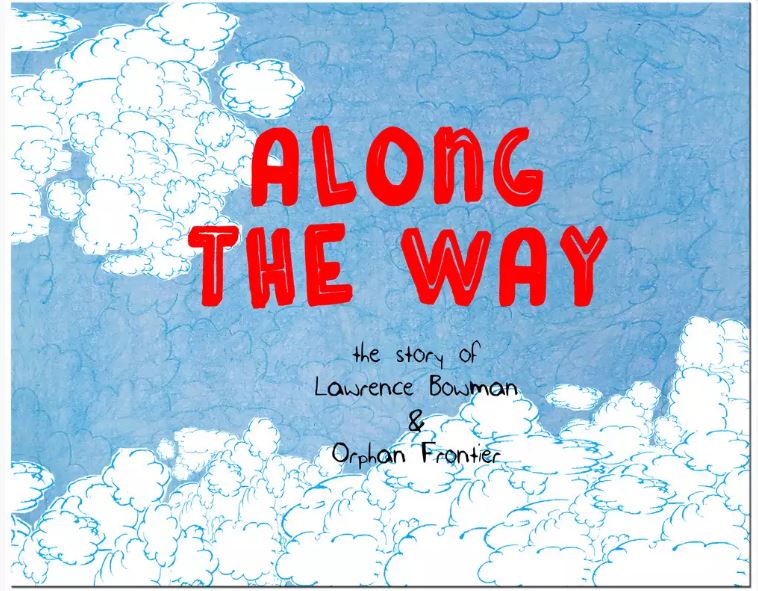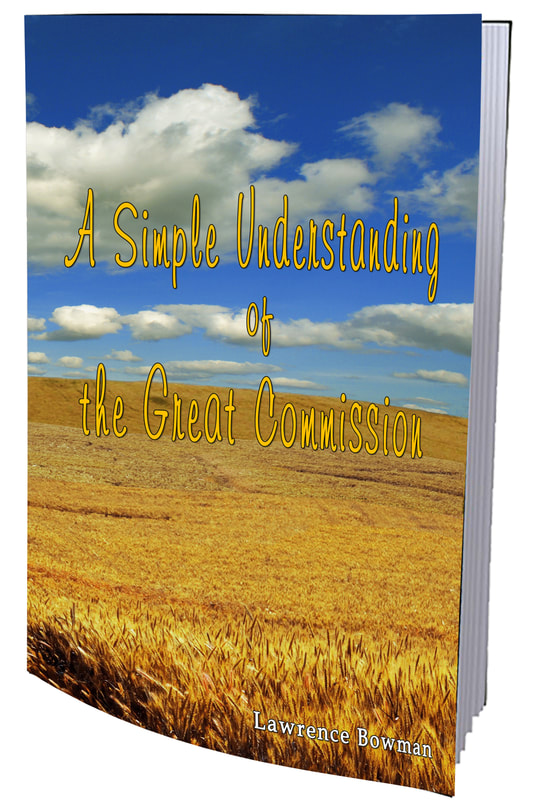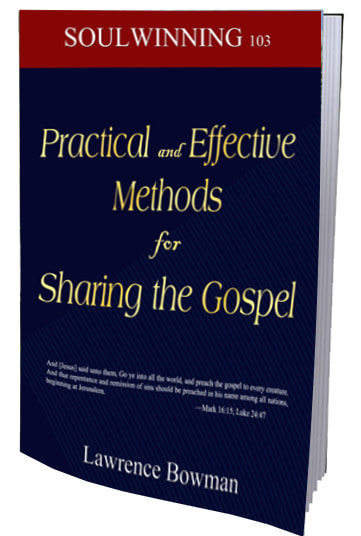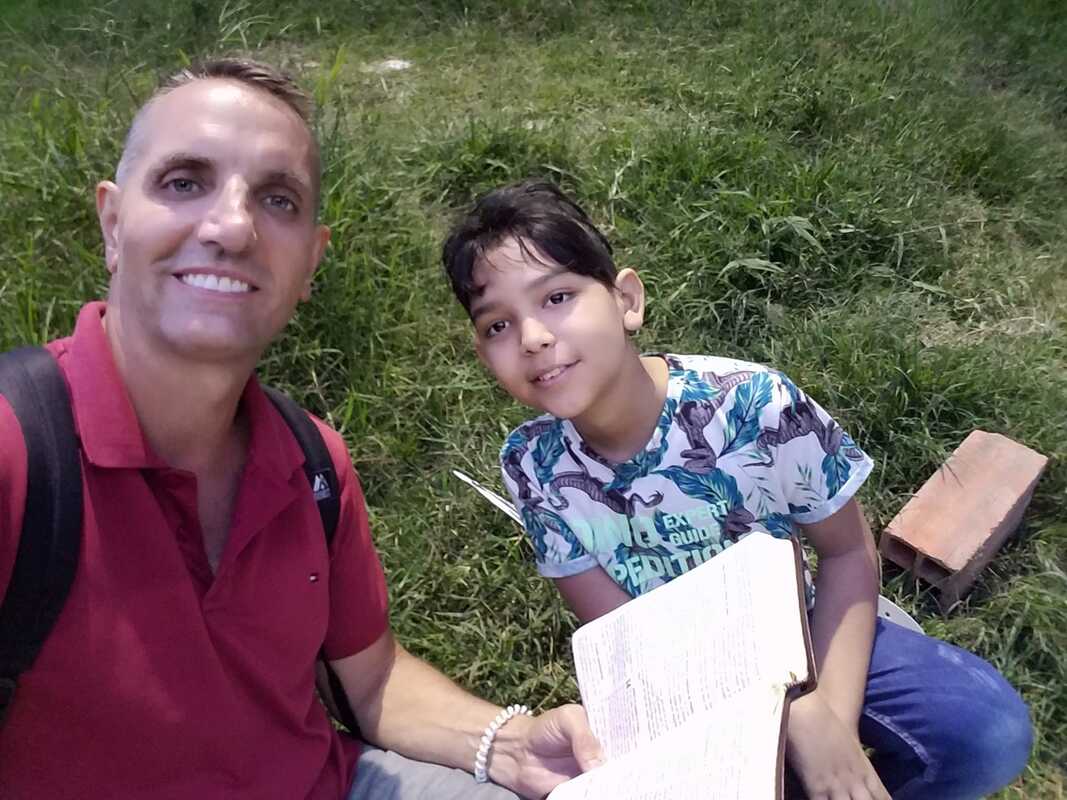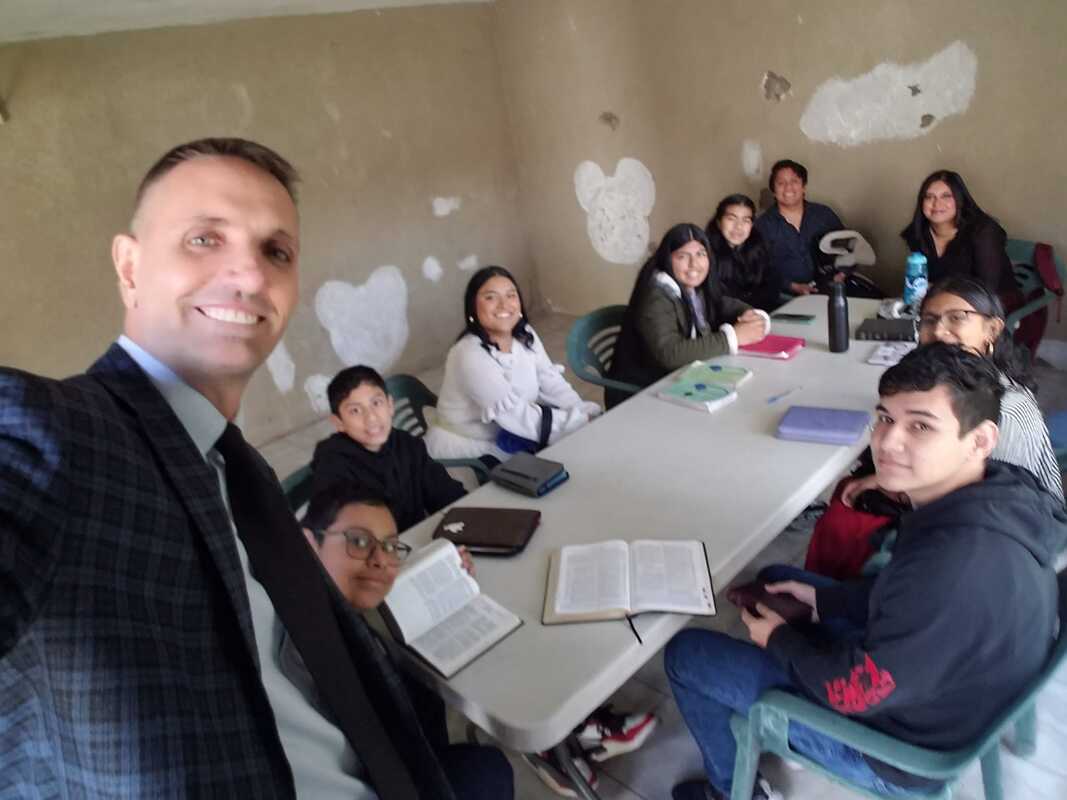Friendship isn't just about the good times—it's also about weathering the tempestuous moments together. There are moments when we inadvertently hurt each other, when our words or actions cause pain. Yet, it's precisely in these moments that the true test of friendship emerges. A friend is able to look beyond our faults and failures, choosing to love us unconditionally. As the proverb goes, "A friend loveth at all times, and a brother is born for adversity" (Proverbs 17:17). 💔
The essence of true friendship is captured in Proverbs 27:6: "Faithful are the wounds of a friend; but the kisses of an enemy are deceitful." This verse resonates deeply with me because it beautifully articulates to the heart of authentic companionship. A genuine friend isn't afraid to speak the truth, even when it stings. They care enough to confront us when we're in the wrong, not to tear us down, but to lift us up and help us grow. 🌱
I'm so grateful for the times when my friends have challenged me, corrected me, and stood by me, even when it was difficult. It's in those moments of vulnerability and honesty that true bonds are forged. 🙏
In my journey, I've been blessed with friends who are not just companions, but pillars of strength, sources of wisdom, and vessels of God's love and correction. They've stood by me through thick and thin, offering their candid words, their prayers, and their unwavering support. 🙌
Often, I find myself reflecting on moments where I've fallen short in my role as a friend. Instances where pride obstructed my ability to truly listen, or emotions clouded my judgment. Regret fills me when I realize I've caused harm, whether through arguments or by dismissing constructive criticism. It's a reminder of how easily friends can hurt each other when we fail to value their perspective. I'm all too familiar with this pattern, wishing I could undo past mistakes and mend any fractures in our relationships. 😔
In moments when the bonds of friendship are tested, misunderstandings may surface, and conversations may become heated, yet it is precisely during these challenging times that the depth of true friendship shines through. While supporting each other in moments of joy comes naturally, it requires courage and humility to weather the storms together. This entails acknowledging our own faults, extending sincere apologies, and humbly seeking forgiveness with a genuine desire to mend any rifts. 🌧️
So, to all my fellow readers, I encourage you to cherish the gift of friendship in your life. Take a moment to individually thank those who have walked alongside you, who have lifted you up when you were down, and who have shown you the love of God through their actions. And if you're fortunate enough to have such friends, be sure to reciprocate that love and support, for true friendship is a treasure beyond measure. 💎
Lastly, if there are any wounds you've caused, any apologies left unspoken, or any bridges waiting to be mended, I urge you to take that step today. Reach out to those you may have hurt, extend a word of encouragement, offer a sincere apology, and let them know just how important they are to you. Let's strive to cultivate relationships built on love, understanding, and forgiveness, for in doing so, we honor the true essence of friendship. 🌟

